2017年12月英语四级语法常考考点之动名词思维导图
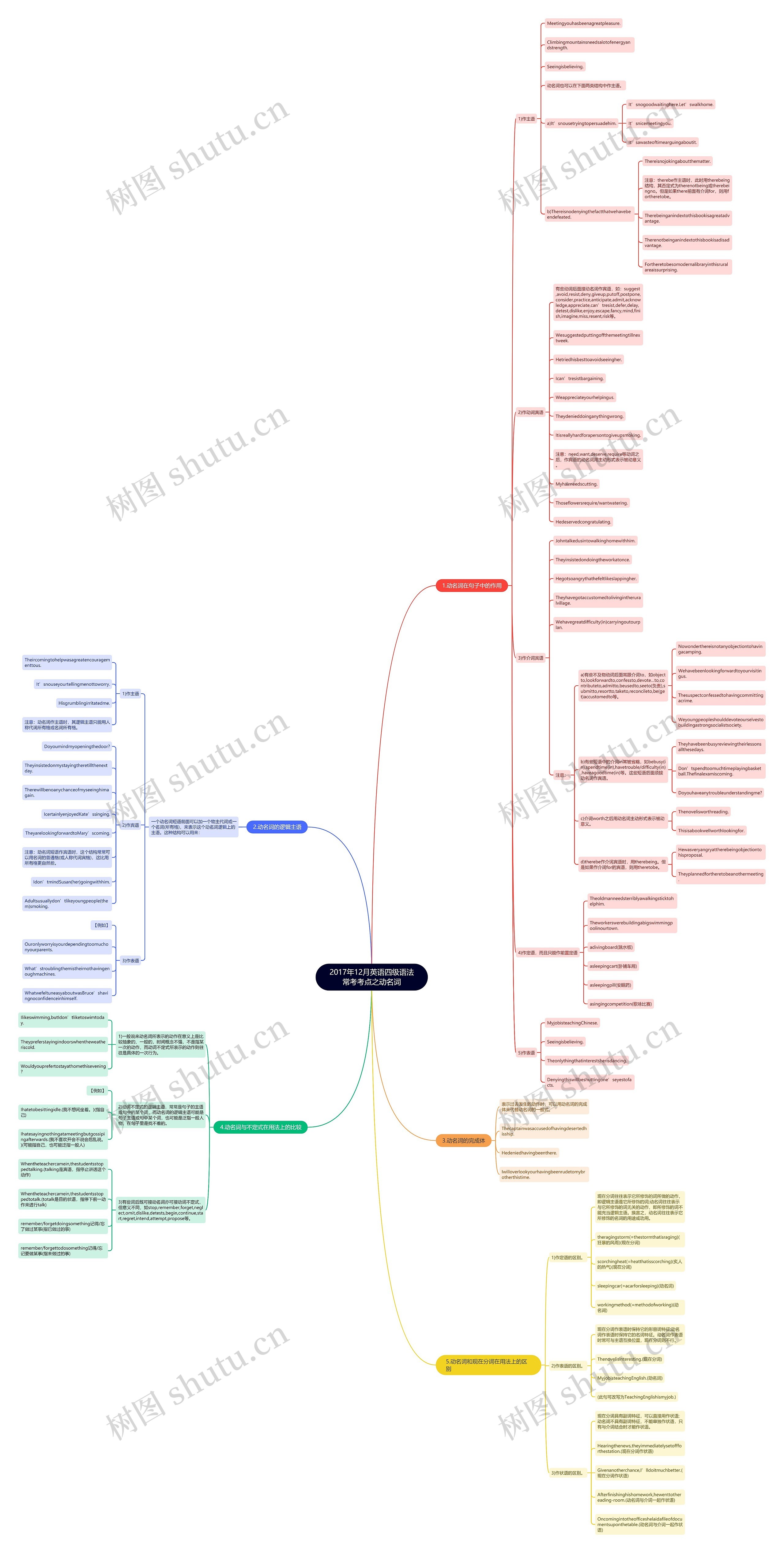
1. 动名词在句子中的作用 1)作主语 Meeting you has been a great pleasure. Climbing mountains needs a lot of energy and strength. Seeing is believing. 动名词也可
树图思维导图提供 2017年12月英语四级语法常考考点之动名词 在线思维导图免费制作,点击“编辑”按钮,可对 2017年12月英语四级语法常考考点之动名词 进行在线思维导图编辑,本思维导图属于思维导图模板主题,文件编号是:1a9e2e8d2439c3d8cf7f661d979d75d0
思维导图大纲
2017年12月英语四级语法常考考点之动名词思维导图模板大纲
1.动名词在句子中的作用
1)作主语
Meetingyouhasbeenagreatpleasure.
Climbingmountainsneedsalotofenergyandstrength.
Seeingisbelieving.
动名词也可以在下面两类结构中作主语。
a)It’snousetryingtopersuadehim.
It’snogoodwaitinghere.Let’swalkhome.
It’snicemeetingyou.
It’sawasteoftimearguingaboutit.
b)Thereisnodenyingthefactthatwehavebeendefeated.
Thereisnojokingaboutthematter.
注意:therebe作主语时,此时用therebeing结构,其否定式为therenotbeing或therebeingno。但是如果there前面有介词for,则用fortheretobe。
Therebeinganindextothisbookisagreatadvantage.
Therenotbeinganindextothisbookisadisadvantage.
Fortheretobesomodernalibraryinthisruralareaissurprising.
2)作动词宾语
有些动词后面接动名词作宾语,如:suggest,avoid,resist,deny,giveup,putoff,postpone,consider,practice,anticipate,admit,acknowledge,appreciate,can’tresist,defer,delay,detest,dislike,enjoy,escape,fancy,mind,finish,imagine,miss,resent,risk等。
Wesuggestedputtingoffthemeetingtillnextweek.
Hetriedhisbesttoavoidseeingher.
Ican’tresistbargaining.
Weappreciateyourhelpingus.
Theydenieddoinganythingwrong.
Itisreallyhardforapersontogiveupsmoking.
注意:need,want,deserve,require等动词之后,作宾语的动名词用主动形式表示被动意义。
Myhairneedscutting.
Thoseflowersrequire/wantwatering.
Hedeservedcongratulating.
3)作介词宾语
Johntalkedusintowalkinghomewithhim.
Theyinsistedondoingtheworkatonce.
Hegotsoangrythathefeltlikeslappingher.
Theyhavegotaccustomedtolivingintheruralvillage.
Wehavegreatdifficulty(in)carryingoutourplan.
注意:
a)有些不及物动词后面常跟介词to,如objectto,lookforwardto,confessto,devote…to,contributeto,admitto,beusedto,seeto(负责),submitto,resortto,taketo,reconcileto,be(get)accustomedto等。
Nowonderthereisnotanyobjectiontohavingacamping.
Wehavebeenlookingforwardtoyourvisitingus.
Thesuspectconfessedtohavingcommittingacrime.
Weyoungpeopleshoulddevoteourselvestobuildingastrongsocialistsociety.
b)有些短语中的介词in常被省略,如bebusy(in),spendtime(in),havetrouble/difficulty(in),haveagoodtime(in)等。这些短语后面须接动名词作宾语。
Theyhavebeenbusyreviewingtheirlessonsallthesedays.
Don’tspendtoomuchtimeplayingbasketball.Thefinalexamiscoming.
Doyouhaveanytroubleunderstandingme?
c)介词worth之后用动名词主动形式表示被动意义。
Thenovelisworthreading.
Thisisabookwellworthlookingfor.
d)therebe作介词宾语时,用therebeing。但是如果作介词for的宾语,则用theretobe。
Hewasveryangryattherebeingobjectiontohisproposal.
Theyplannedfortheretobeanothermeeting.
4)作定语,而且只能作前置定语
Theoldmanneedsterriblyawalkingsticktohelphim.
Theworkerswerebuildingabigswimmingpoolinourtown.
adivingboard(跳水板)
asleepingcart(卧铺车厢)
asleepingpill(安眠药)
asingingcompetition(歌咏比赛)
5)作表语
MyjobisteachingChinese.
Seeingisbelieving.
Theonlythingthatinterestsherisdancing.
Denyingthiswillbeshuttingone’seyestofacts.
2.动名词的逻辑主语
一个动名词短语前面可以加一个物主代词或一个名词(所有格),来表示这个动名词逻辑上的主语。这种结构可以用来:
1)作主语
Theircomingtohelpwasagreatencouragementtous.
It’snouseyourtellingmenottoworry.
Hisgrumblingirritatedme.
注意:动名词作主语时,其逻辑主语只能用人称代词所有格或名词所有格。
2)作宾语
Doyoumindmyopeningthedoor?
Theyinsistedonmystayingtheretillthenextday.
Therewillbenoanychanceofmyseeinghimagain.
IcertainlyenjoyedKate’ssinging.
TheyarelookingforwardtoMary’scoming.
注意:动名词短语作宾语时,这个结构常常可以用名词的普通格(或人称代词宾格),这比用所有格更自然些。
Idon’tmindSusan(her)goingwithhim.
Adultsusuallydon’tlikeyoungpeople(them)smoking.
3)作表语
【例如】
Ouronlyworryisyourdependingtoomuchonyourparents.
What’stroublingthemistheirnothavingenoughmachines.
WhatwefeltuneasyaboutwasBruce’shavingnoconfidenceinhimself.
3.动名词的完成体
表示过去发生的动作时,可以用动名词的完成体来代替动名词的一般式。
Thecaptainwasaccusedofhavingdesertedhisship.
Hedeniedhavingbeenthere.
Iwilloverlookyourhavingbeenrudetomybrotherthistime.
4.动名词与不定式在用法上的比较
1)一般说来动名词所表示的动作在意义上是比较抽象的、一般的,时间概念不强,不是指某一次的动作,而动词不定式所表示的动作则往往是具体的一次行为。
Ilikeswimming,butIdon’tliketoswimtoday.
Theypreferstayingindoorswhentheweatheriscold.
Wouldyouprefertostayathomethisevening?
2)动词不定式的逻辑主语,常常是句子的主语或句中的某个词,而动名词的逻辑主语可能是句子主语或句中某个词,也可能是泛指一般人物,在句子里是找不着的。
【例如】
Ihatetobesittingidle.(我不想闲坐着。)(指自己)
Ihatesayingnothingatameetingbutgossipingafterwards.(我不喜欢开会不说会后乱说。)(可能指自己,也可能泛指一般人)
3)有些词后既可接动名词亦可接动词不定式,但意义不同,如stop,remember,forget,neglect,omit,dislike,detests,begin,continue,start,regret,intend,attempt,propose等。
Whentheteachercamein,thestudentsstoppedtalking.(talking是宾语,指停止讲话这个动作)
Whentheteachercamein,thestudentsstoppedtotalk.(totalk是目的状语,指停下前一动作来进行talk)
remember/forgetdoingsomething记得/忘了做过某事(指已做过的事)
remember/forgettodosomething记得/忘记要做某事(指未做过的事)
5.动名词和现在分词在用法上的区别
1)作定语的区别。
现在分词往往表示它所修饰的词所做的动作,即逻辑主语是它所修饰的词;动名词往往表示与它所修饰的词无关的动作,即所修饰的词不能充当逻辑主语。换言之,动名词往往表示它所修饰的名词的用途或功用。
theragingstorm(=thestormthatisraging)(狂暴的风雨)(现在分词)
scorchingheat(=heatthatisscorching)(炙人的热气)(现在分词)
sleepingcar(=acarforsleeping)(动名词)
workingmethod(=methodofworking)(动名词)
2)作表语的区别。
现在分词作表语时保持它的形容词特征;动名词作表语时保持它的名词特征。动名词作表语时常可与主语互换位置,现在分词则不行。
Thenovelisinteresting.(现在分词)
MyjobisteachingEnglish.(动名词)
(此句可改写为TeachingEnglishismyjob.)
3)作状语的区别。
现在分词具有副词特征,可以直接用作状语;动名词不具有副词特征,不能单独作状语,只有与介词结合时才能作状语。
Hearingthenews,theyimmediatelysetoffforthestation.(现在分词作状语)
Givenanotherchance,I’lldoitmuchbetter.(现在分词作状语)
Afterfinishinghishomework,hewenttothereading-room.(动名词与介词一起作状语)
Oncomingintotheofficeshelaidafileofdocumentsuponthetable.(动名词与介词一起作状语)

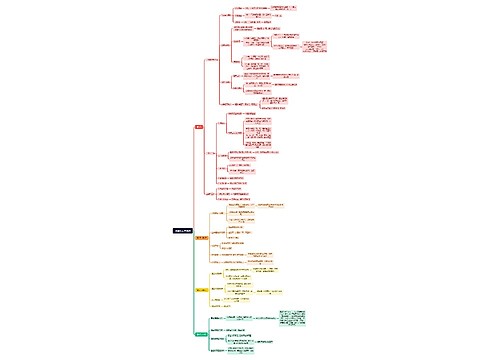

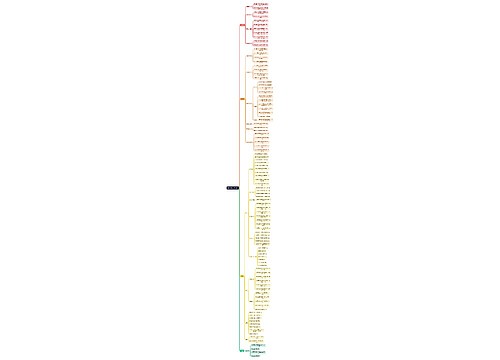
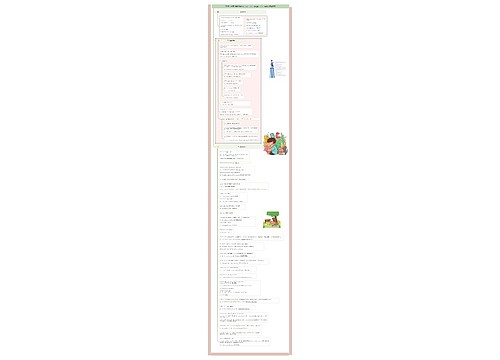
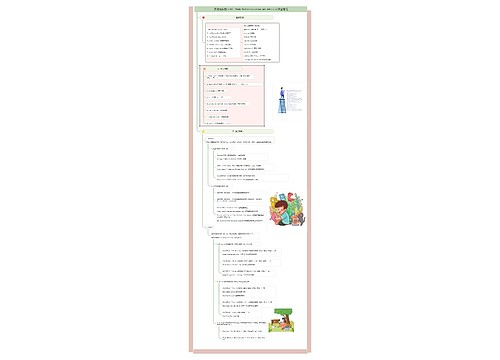
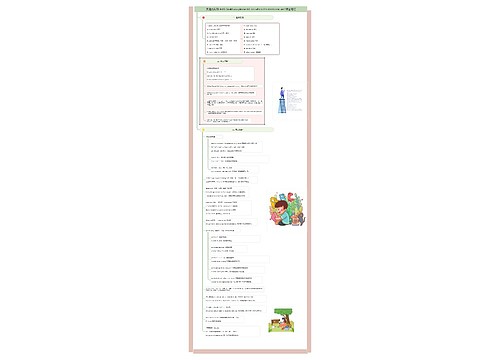
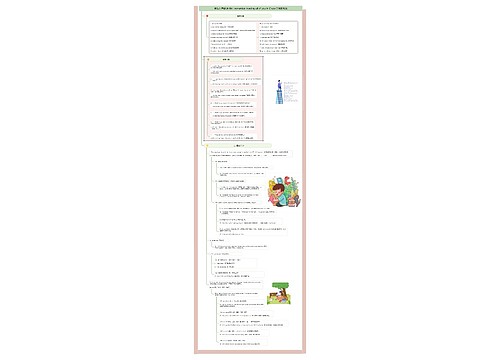
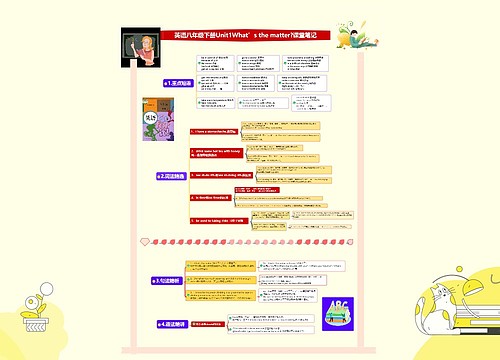
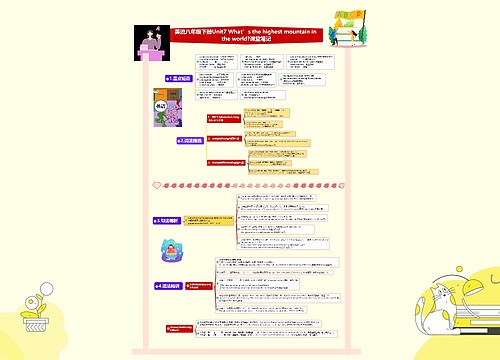
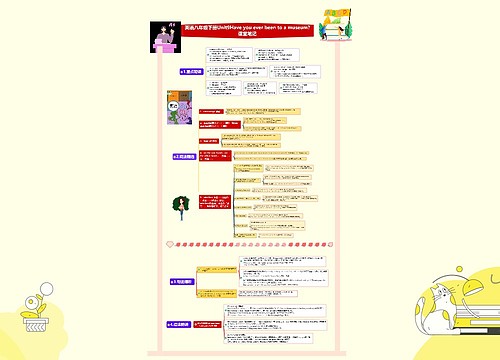
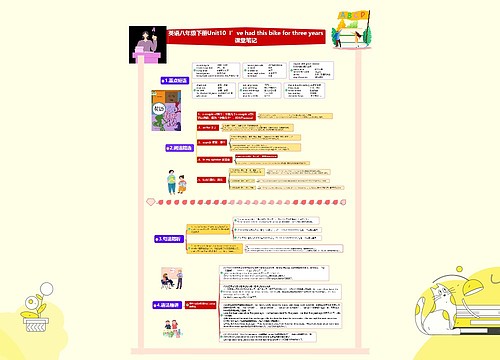
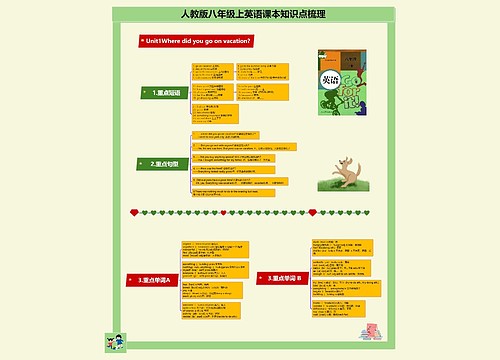
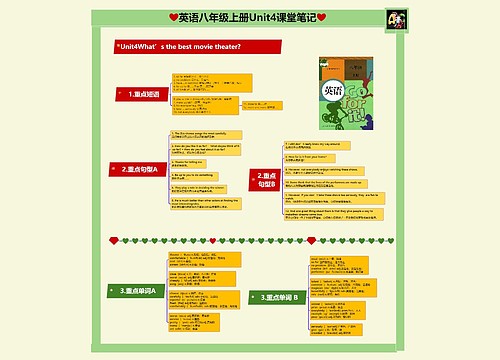
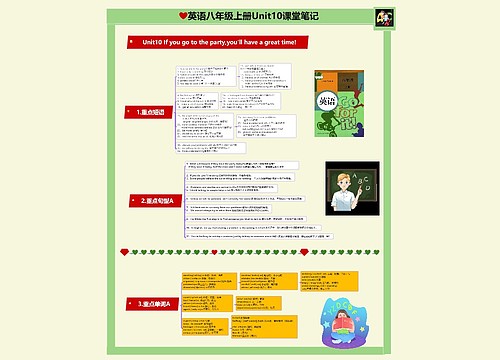

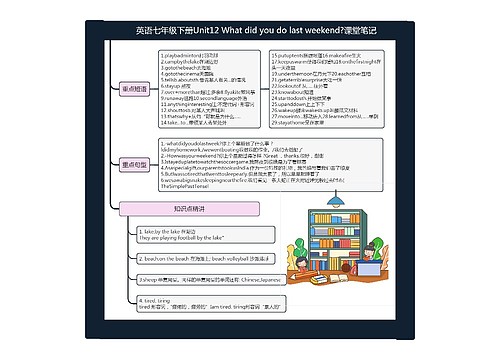
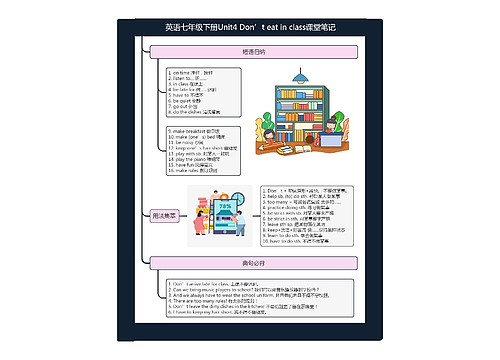
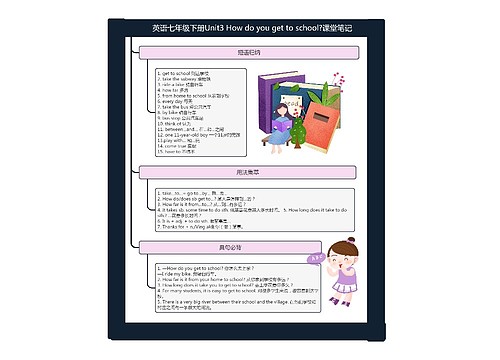
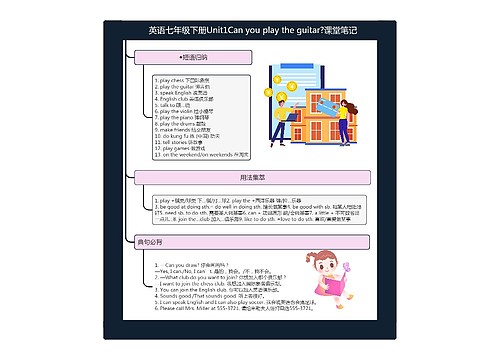

 上海工商
上海工商